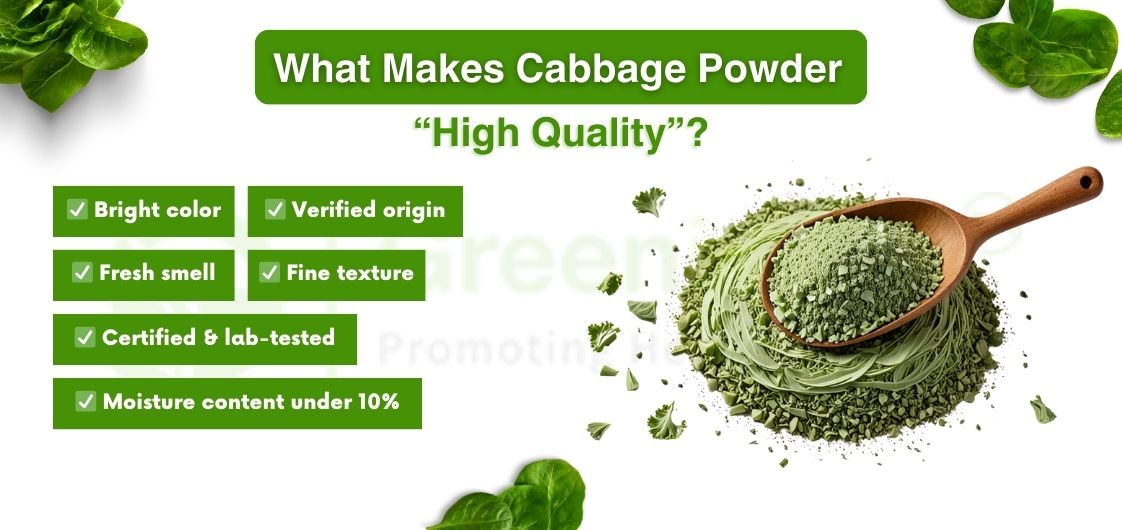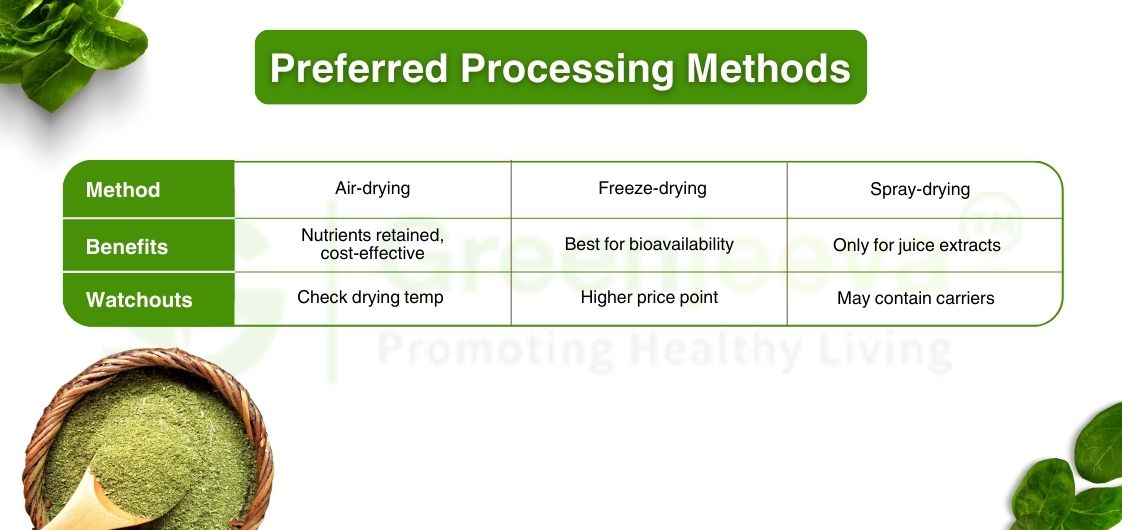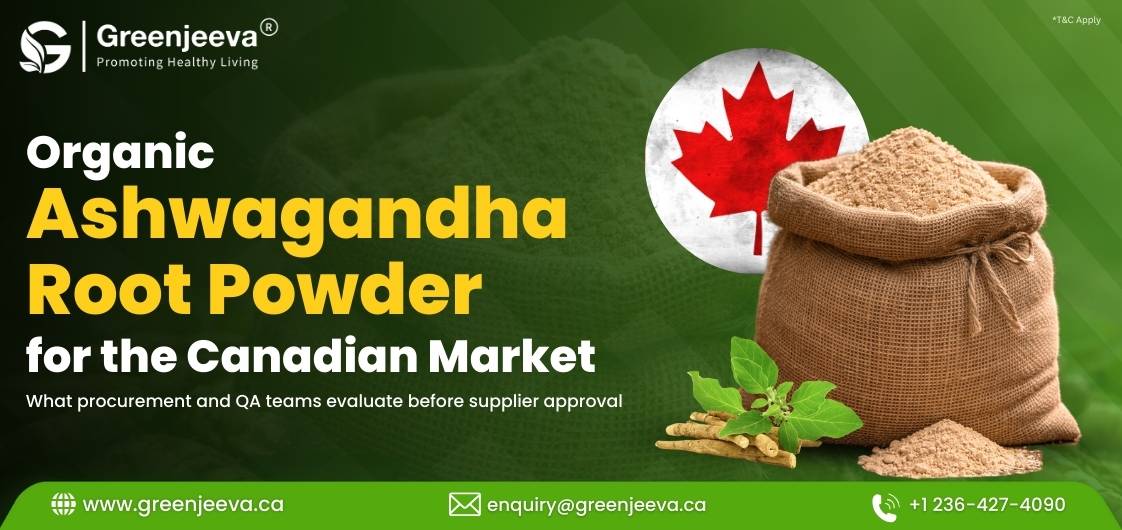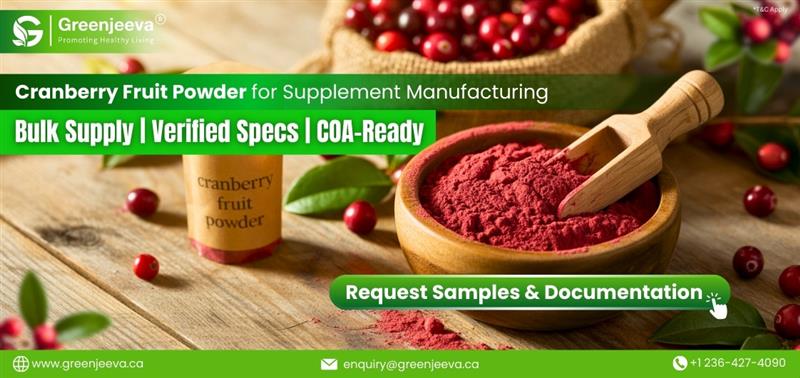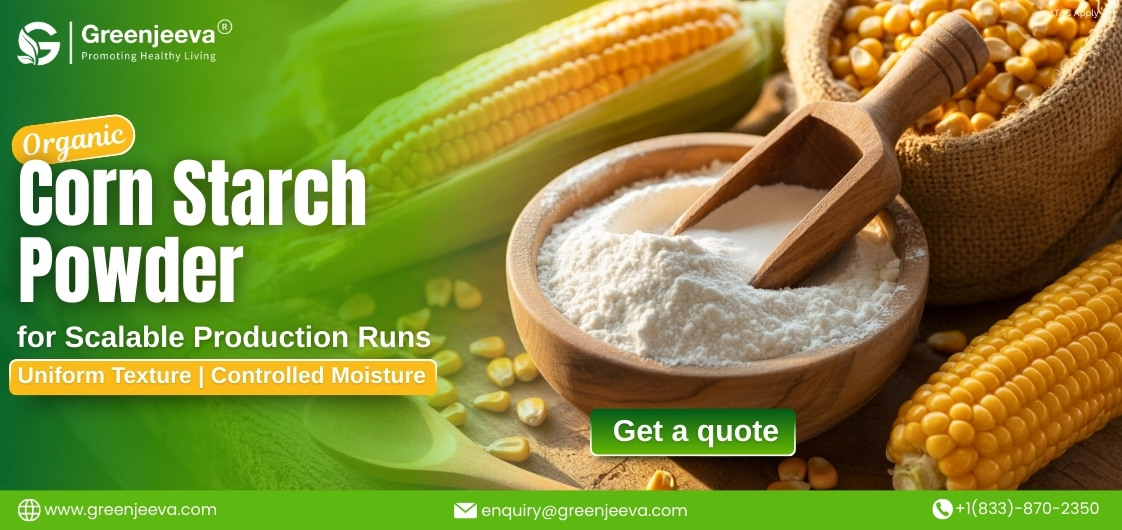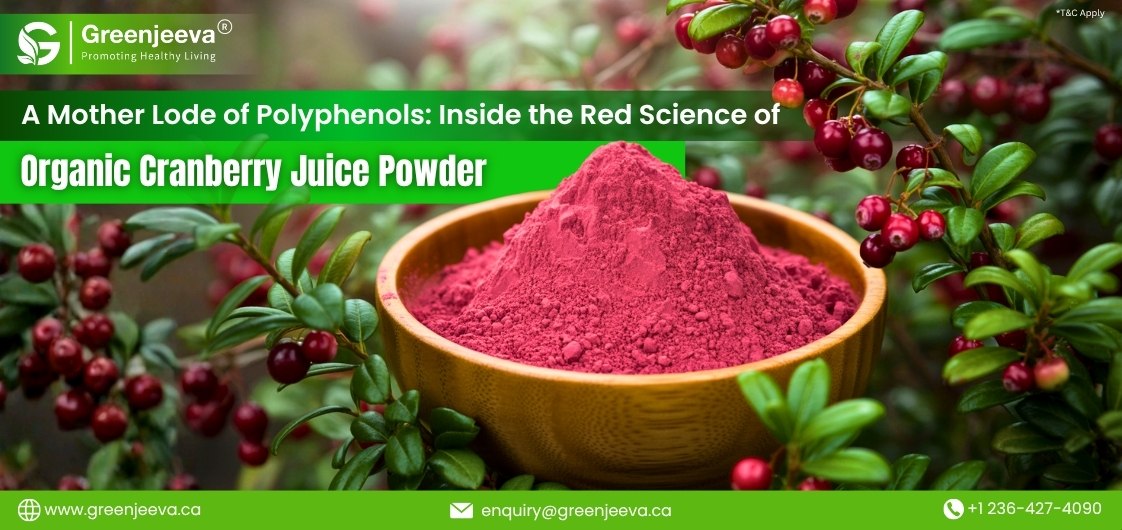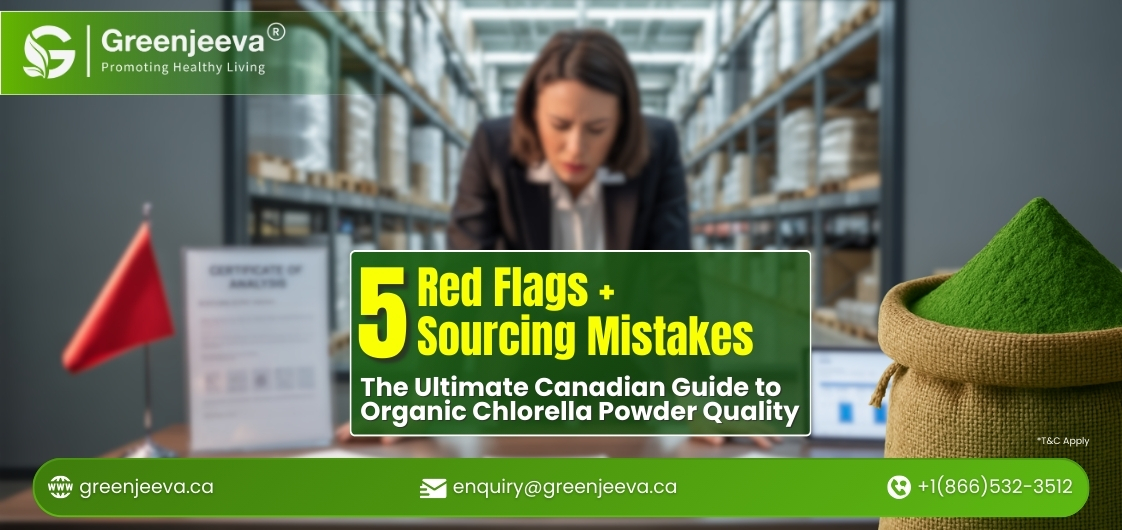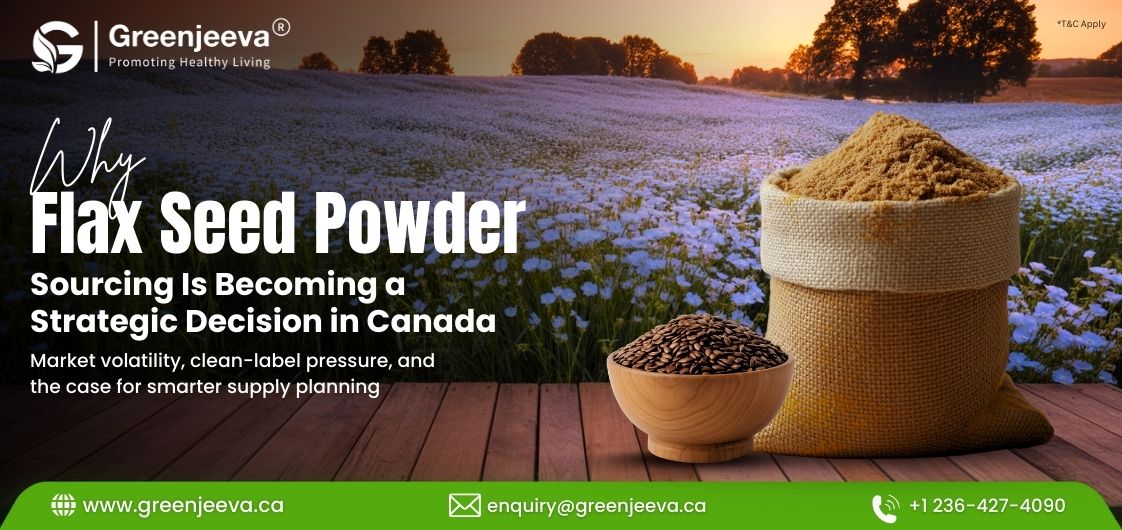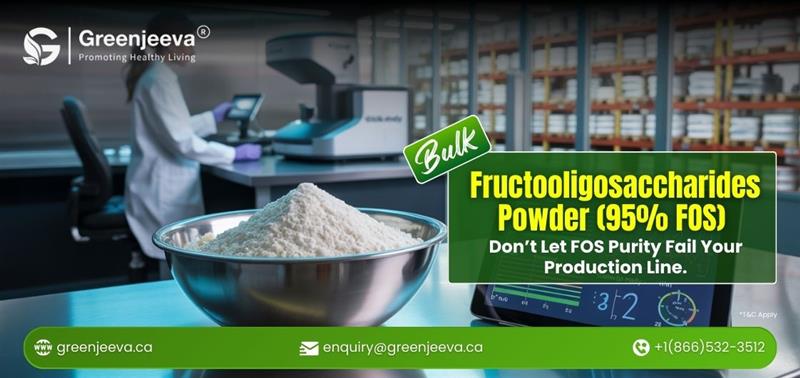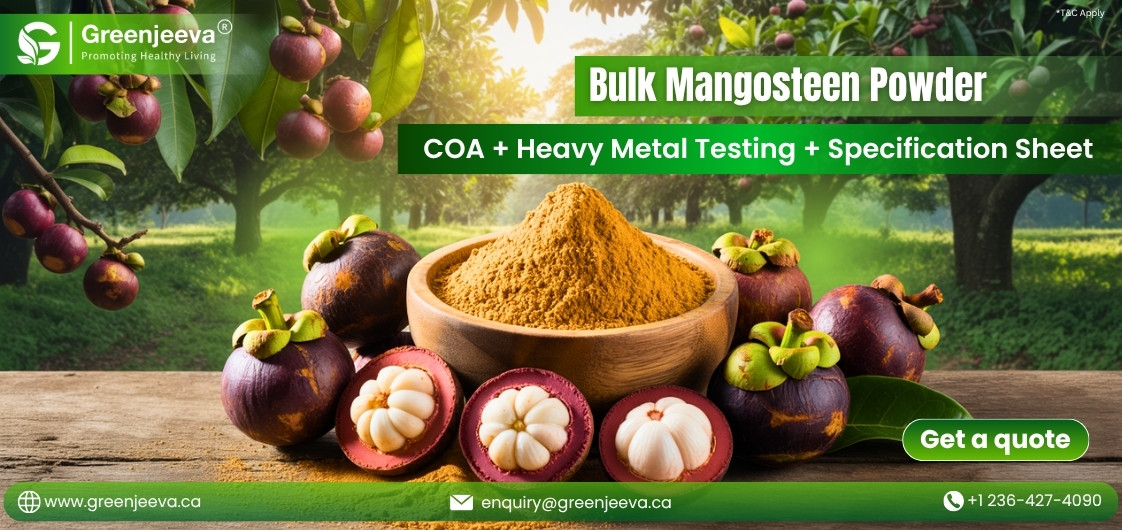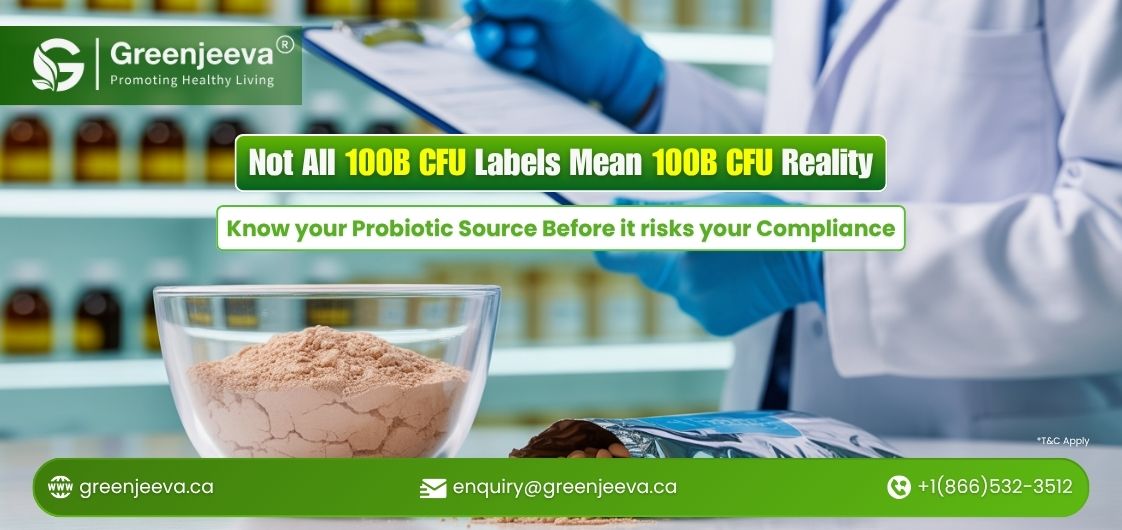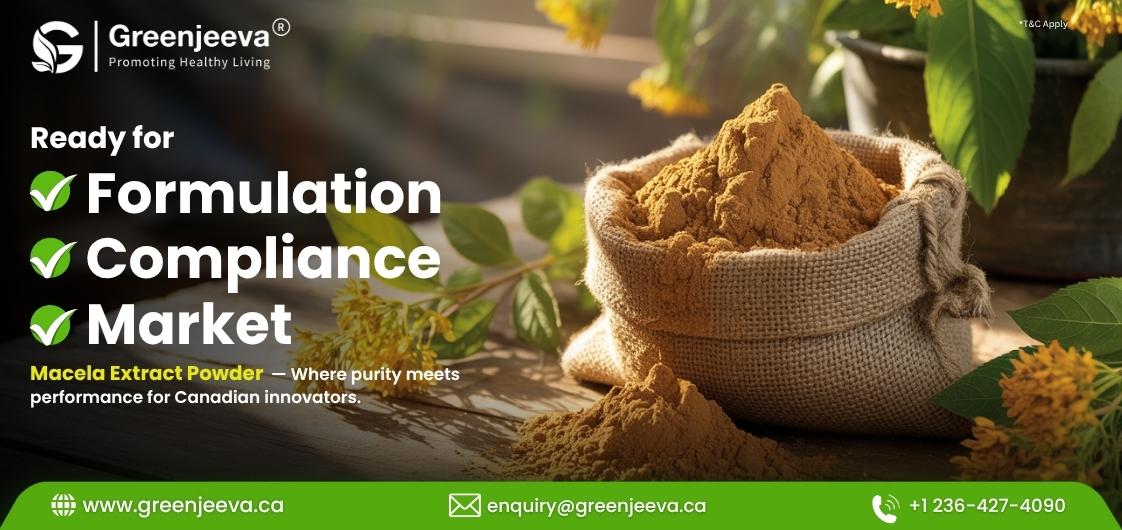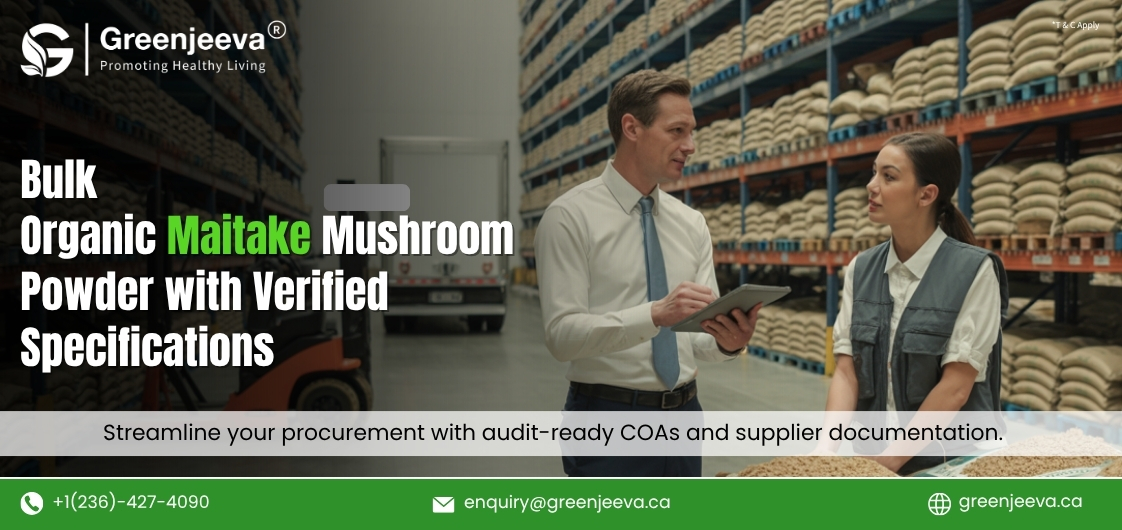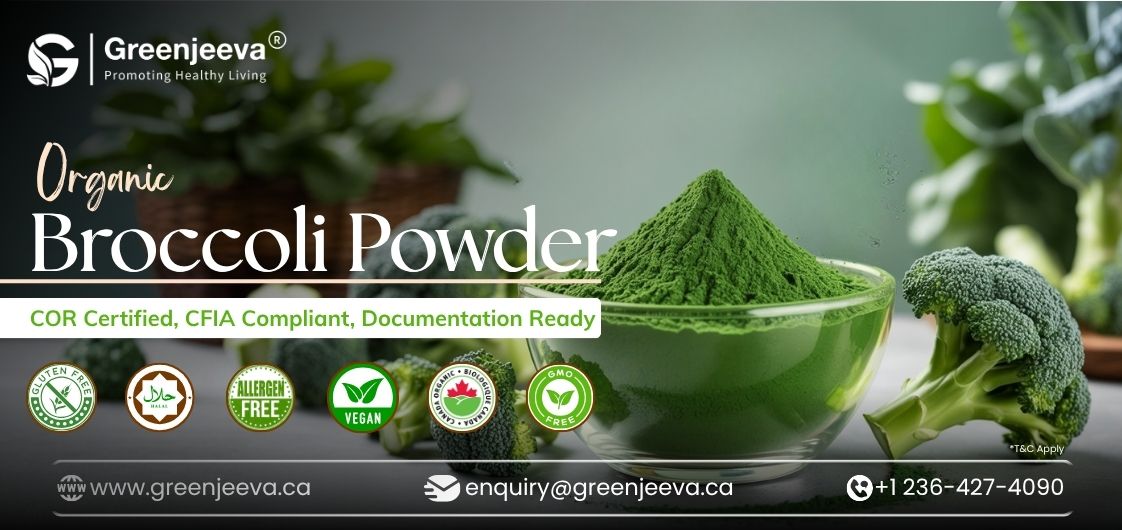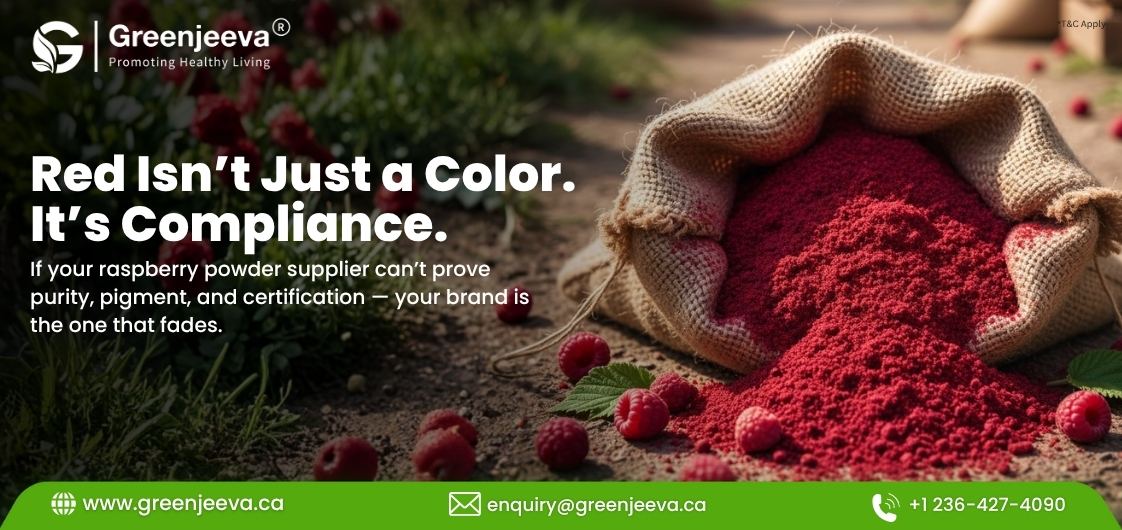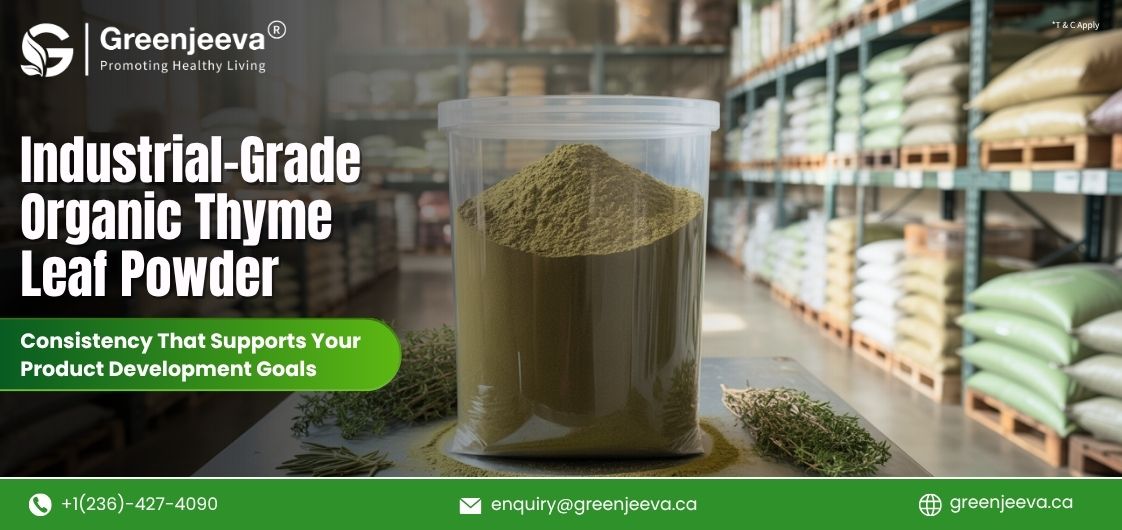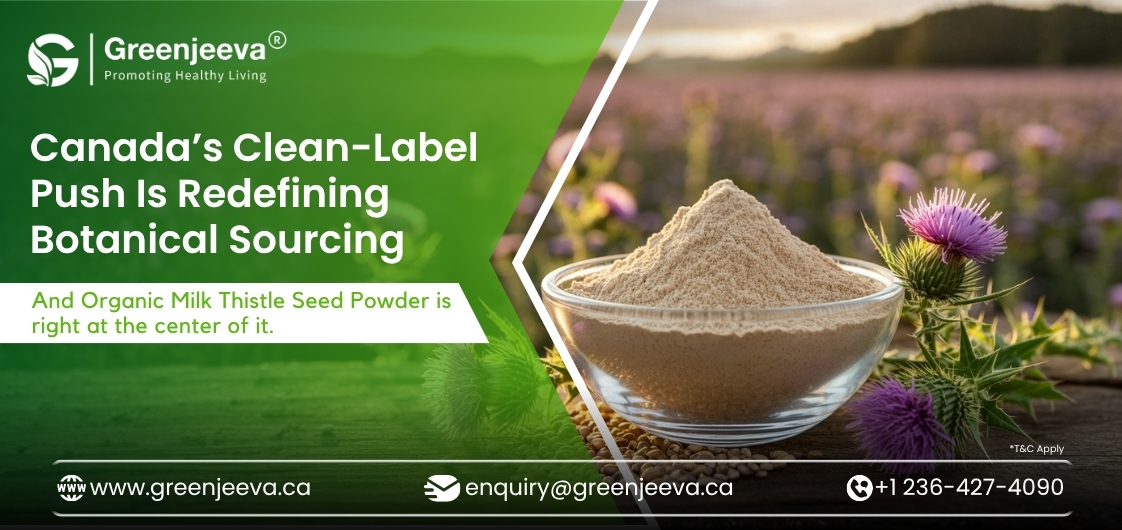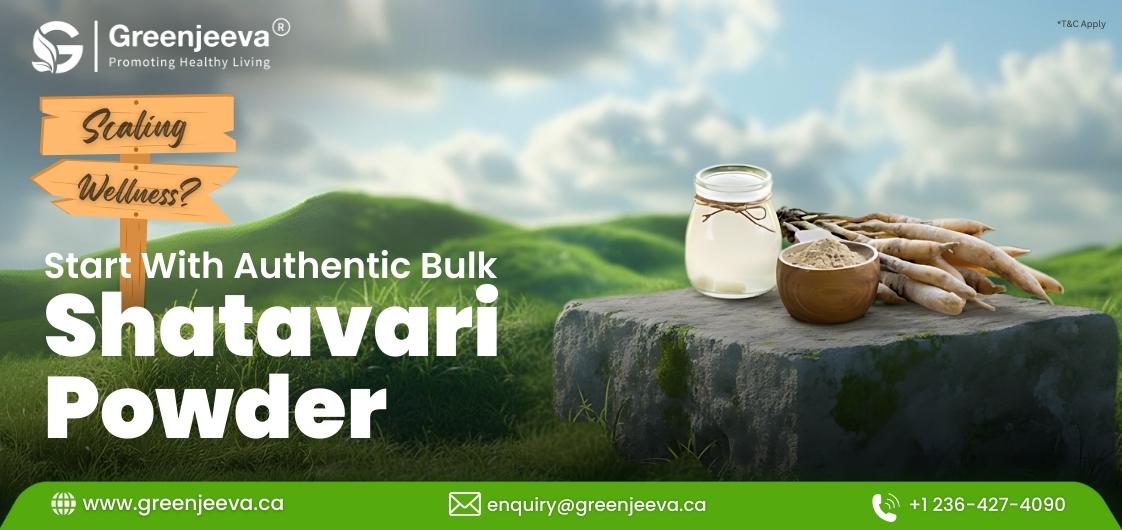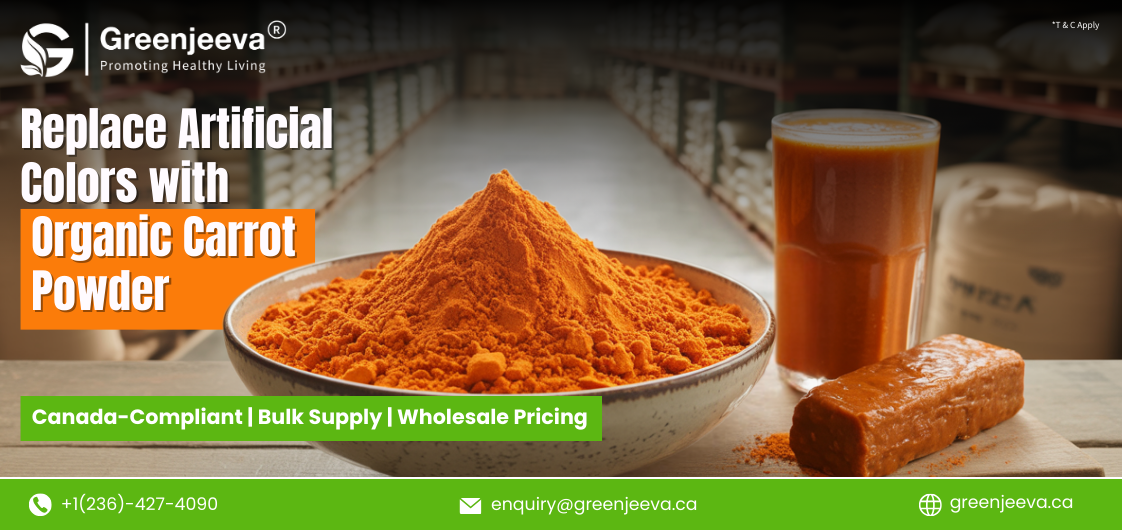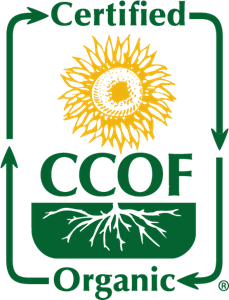Cabbage might not sound like the most glamorous ingredient out there, but don’t let its humble nature fool you. In powdered form, this cruciferous vegetable has earned a valuable place in the world of nutraceuticals, supplements, functional foods, and natural health products.
Whether you’re a manufacturer, wholesaler, or formulator looking to purchase cabbage powder in bulk, it’s crucial to ensure you’re sourcing high-quality, nutrient-rich material. In this guide, we’ll walk you through everything you need to know about cabbage powder—from sourcing origins and processing techniques to storage conditions and supplier evaluation.
Why Cabbage Powder? A Quick Recap
Cabbage (Brassica oleracea) is rich in vitamins C and K, antioxidants, and fiber. In powdered form, it’s used for:
• Digestive health products
• Natural detox supplements
• Functional smoothies and drink mixes
• Instant soups and meal kits
• Nutrient-fortified flours and snack foods
Dehydrated cabbage powder is preferred by formulators for its convenience, long shelf life, and concentrated nutrient profile. But not all cabbage powders are created equal.
Choosing the Right Sourcing Origins
The quality of cabbage powder starts with the cabbage itself. Where and how the cabbage is grown significantly affects its nutritional value, flavor profile, and purity.
Top Sourcing Regions for Cabbage:
• China and India: Leading producers of both organic and conventional cabbage. These regions offer cost-effective sourcing but require careful vetting due to varying farming practices.
• United States and Canada: Known for high agricultural standards, non-GMO cultivation, and traceable supply chains.
• Poland and Germany: Emerging as quality players in the European organic market.
What to Look For:
• Organic Certification: Opt for USDA Organic, EU Organic, or equivalent certifications if purity is a priority.
• GAP Certification (Good Agricultural Practices): Ensures ethical farming, proper irrigation, and responsible chemical use.
• Non-GMO Verification: Important if you’re catering to clean-label consumers.
Tip: Always request documentation verifying country of origin and cultivation practices.
Understanding Cabbage Powder Processing Methods
Once the cabbage is harvested, the clock starts ticking. The processing method determines how much of the original nutrition and flavor is retained in the final powder.
Common Processing Techniques:
Air-Drying or Low-Heat Dehydration
• Uses warm air to remove moisture while preserving most of the nutrients.
• Ideal for retaining color and flavor.
• Suitable for organic and clean-label products.
Freeze-Drying (Lyophilization)
• Involves freezing the cabbage and removing water under vacuum.
• Best method for nutrient retention.
• Higher cost, but yields superior quality.
Spray-Drying (Not Common for Whole Cabbage)
• Typically used for juice powders or extracts.
• May involve carriers or additives—less desirable for whole food applications.
Processing Quality Checks:
• Low Moisture Content (3-6%) for longer shelf life.
• Fine mesh size for easy blending.
• No carriers or fillers unless specifically needed.
Pro Tip: Ask for a Certificate of Analysis (COA) with microbial profile, heavy metal testing, and nutritional data.
Certifications to Look for
Whether you’re creating a supplement or a food product, certifications are your assurance that the cabbage powder meets safety and quality standards.
Essential Certifications:
• USDA Organic / EU Organic / India Organic/COR
• ISO 22000 / FSSC 22000 (Food Safety Management Systems)
• GMP (Good Manufacturing Practices)
• Kosher and Halal (for broader market access)
• Non-GMO Project Verified
• Third-party lab testing reports (especially for heavy metals and pathogens
Storage and Shelf Life: What to Know
Cabbage powder, like most dehydrated vegetables, is sensitive to moisture, heat, and light. Proper storage is essential to maintain its color, aroma, and nutritional potency.
Ideal Storage Conditions:
• Cool, dry place (temperature below 25°C or 77°F)
• Relative humidity under 60%
• Air-tight, moisture-proof packaging (vacuum-sealed or nitrogen-flushed)
Shelf Life Expectancy:
• Typically 12–24 months if stored properly.
• Check for expiration and manufacturing dates on bulk packaging.
Ask your supplier: Are the bulk packages foil-lined or multi-layered? This helps protect against oxygen and light exposure.
Questions to Ask Your Cabbage Powder Supplier
Vet your supplier thoroughly before placing a bulk order. Here are key questions to ask:
1. Where is your cabbage sourced from?
2. What processing method do you use?
3. Do you have third-party testing reports available?
4. What certifications do you hold?
5. How do you package and store your cabbage powder?
6. Can you provide a product spec sheet or COA?
7. What is your minimum order quantity (MOQ) and lead time?
Red Flag Alert: If a supplier is hesitant to share COAs or dodges questions about origin, certifications, or processing, consider it a dealbreaker.
Spotting Low-Quality Cabbage Powder
It’s tempting to go for cheaper options, but that can backfire quickly. Here are signs of subpar cabbage powder:
• Off-smell or musty odor (indicates poor drying or contamination)
• Faded or grayish color (suggests oxidation or poor-quality cabbage)
• Clumpy texture (sign of moisture exposure)
• No documentation or vague product details
Buying on price alone is a risky game in the bulk ingredient market.
Final Thoughts: Sourcing Cabbage Powder Is About More Than Price
Cabbage powder may seem like a commodity, but there’s a lot of nuance when it comes to bulk sourcing. High-quality powder starts with premium raw cabbage, is preserved through thoughtful processing, and lasts through proper packaging and storage.
By working with reputable suppliers who are transparent about their practices and certifications, you’re not just buying an ingredient—you’re investing in product integrity, customer trust, and long-term brand success.
Key Takeaways
• Choose cabbage powder from regions with reputable farming practices.
• Prefer air-dried or freeze-dried powder for optimal nutrition and quality.
• Demand certifications and lab testing—non-negotiables in today’s market.
• Store the powder in cool, dry conditions to maximize shelf life.
• Ask detailed questions before you buy to avoid poor-quality ingredients.
Need a Reliable Bulk Cabbage Powder Supplier?
If you’re looking to source premium organic or conventional cabbage powder in bulk, make sure you work with a supplier that offers:
• Transparent documentation
• Third-party lab testing
• Consistent product quality
• Global shipping and reliable lead times
Let’s help you make the right sourcing decision.
**The Food and Drug Administration has not evaluated these statements. This product is not intended to diagnose, treat, cure, or prevent any disease.**



